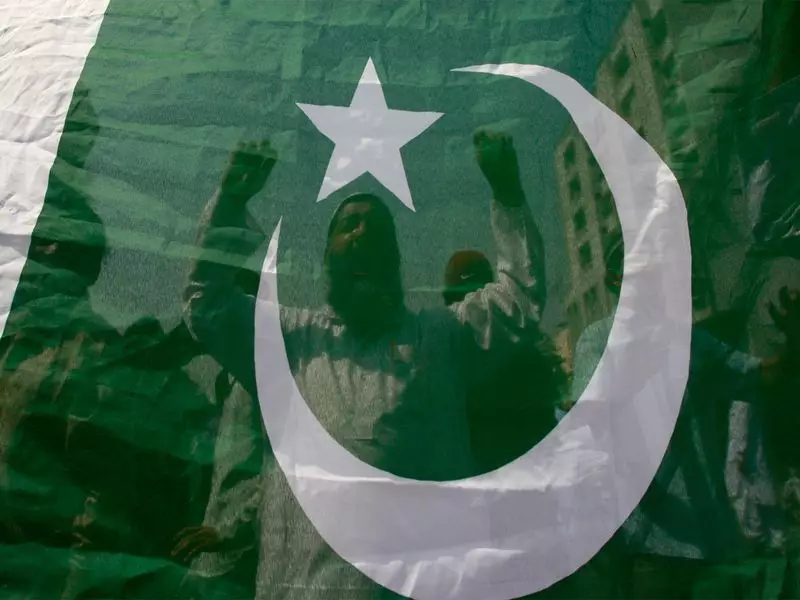
The troubled province of Balochistan continues to grapple with a severe human rights crisis as enforced disappearances persist, with Pakistan's authorities maintaining a concerning silence on the issue. Despite repeated protests and international attention, families of missing persons remain without answers about their loved ones' whereabouts.
The Ongoing Crisis in Balochistan
According to recent reports from human rights organizations, enforced disappearances have become a systematic pattern in Balochistan. The situation has drawn condemnation from global human rights bodies, yet the Pakistani government has failed to take concrete action. The Voice for Baloch Missing Persons (VBMP), an organization dedicated to documenting these cases, has recorded numerous instances where individuals have been taken away by security forces without any legal procedure.
Families of the victims continue to stage protests across the region, demanding information about their missing relatives. Many have been waiting for years, some for over a decade, without any official acknowledgment of what happened to their family members. The emotional and psychological toll on these families is immense, with many living in constant uncertainty and fear.
International Concern and Domestic Inaction
International human rights organizations including Amnesty International and Human Rights Watch have repeatedly raised concerns about the situation in Balochistan. The United Nations Working Group on Enforced or Involuntary Disappearances has documented hundreds of cases from the region, making it one of the most affected areas globally. Despite this international attention, domestic mechanisms for accountability remain largely ineffective.
Local activists report that the problem has persisted across different political administrations in Pakistan, suggesting a systematic rather than isolated issue. The lack of transparent investigations and the absence of prosecutions for those responsible have created a culture of impunity that enables continued violations.
Recent months have seen increased protests in major cities, including Quetta and Karachi, where families of the disappeared have gathered to demand action. These demonstrations often face restrictions and sometimes forceful dispersal, adding to the grievances of the affected communities.
The Human Cost of Silence
The impact of enforced disappearances extends beyond the immediate victims. Entire families suffer economic hardship when primary earners disappear, while children grow up without parents and spouses face uncertainty about their marital status. The psychological trauma affects generations, with many developing severe mental health issues due to the unresolved nature of their loss.
Medical professionals in the region report increased cases of depression, anxiety, and post-traumatic stress disorder among families of the disappeared. The absence of closure prevents normal grieving processes, leaving many in a state of perpetual hope and despair simultaneously.
Local human rights defenders continue to face threats and intimidation for their work documenting these cases. Despite the risks, they persist in advocating for truth and justice, maintaining records of each case and providing support to affected families.
The international community has called for independent investigations and greater transparency from Pakistani authorities. However, without sustained pressure and meaningful domestic reforms, the cycle of enforced disappearances in Balochistan appears likely to continue, leaving more families in anguish and undermining trust in state institutions.





